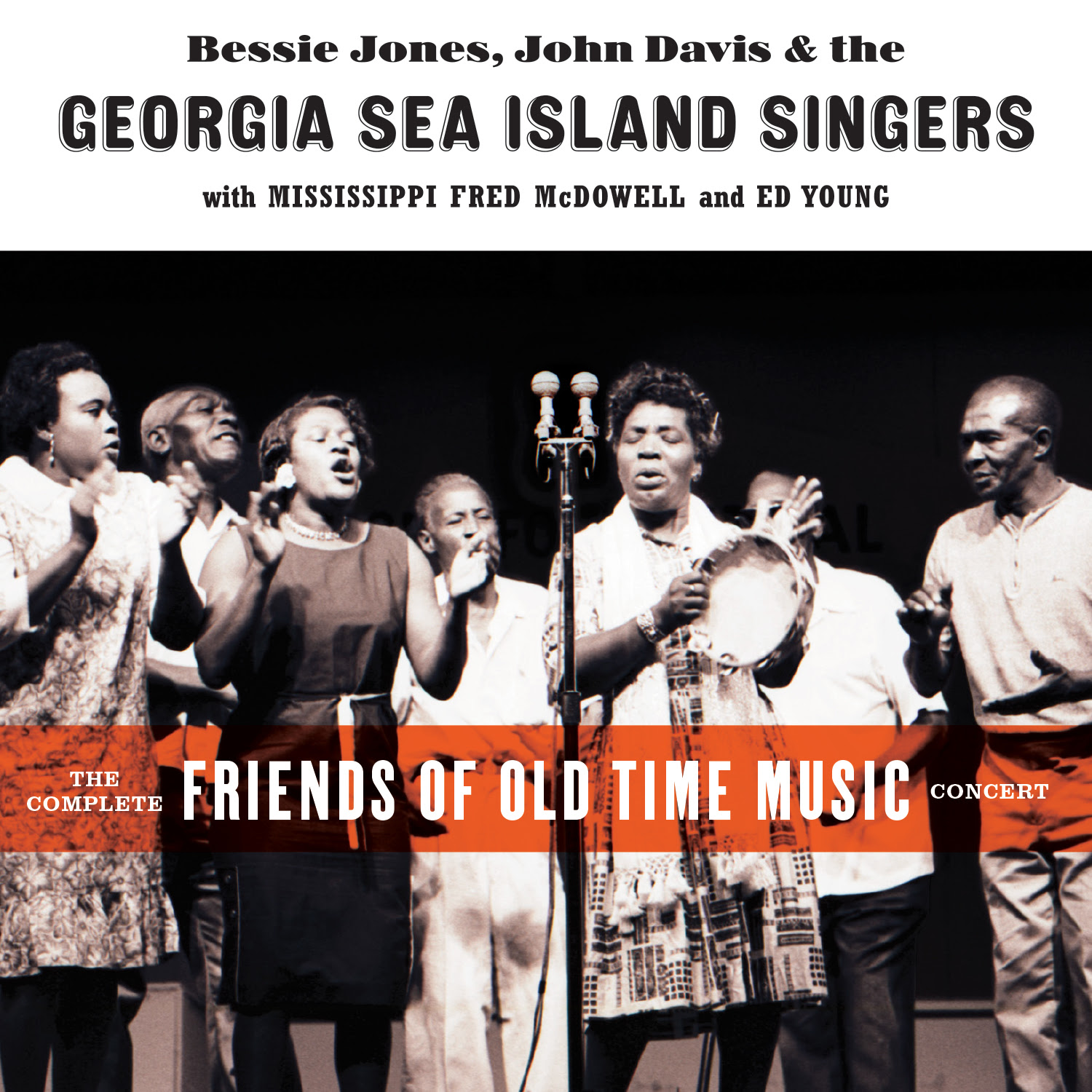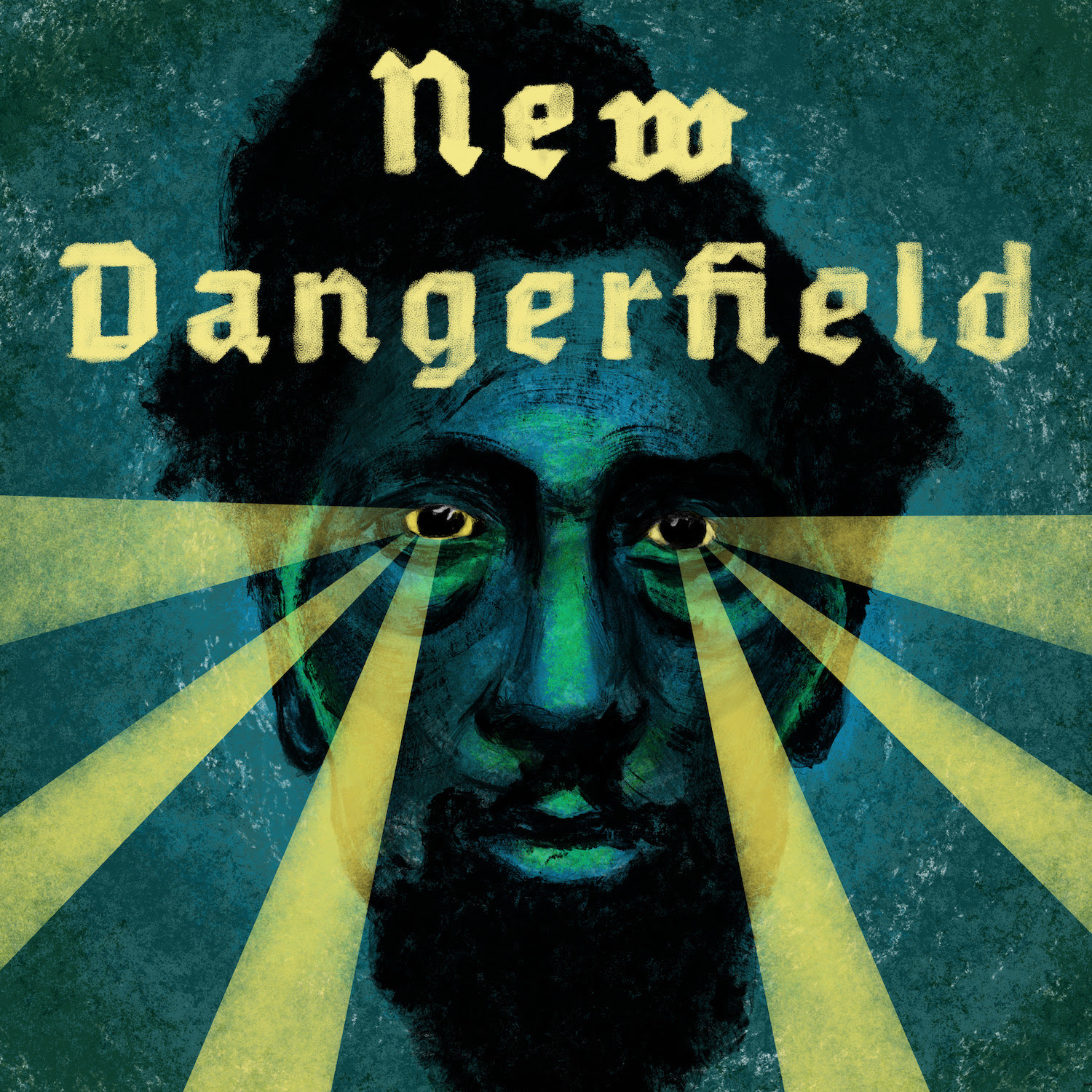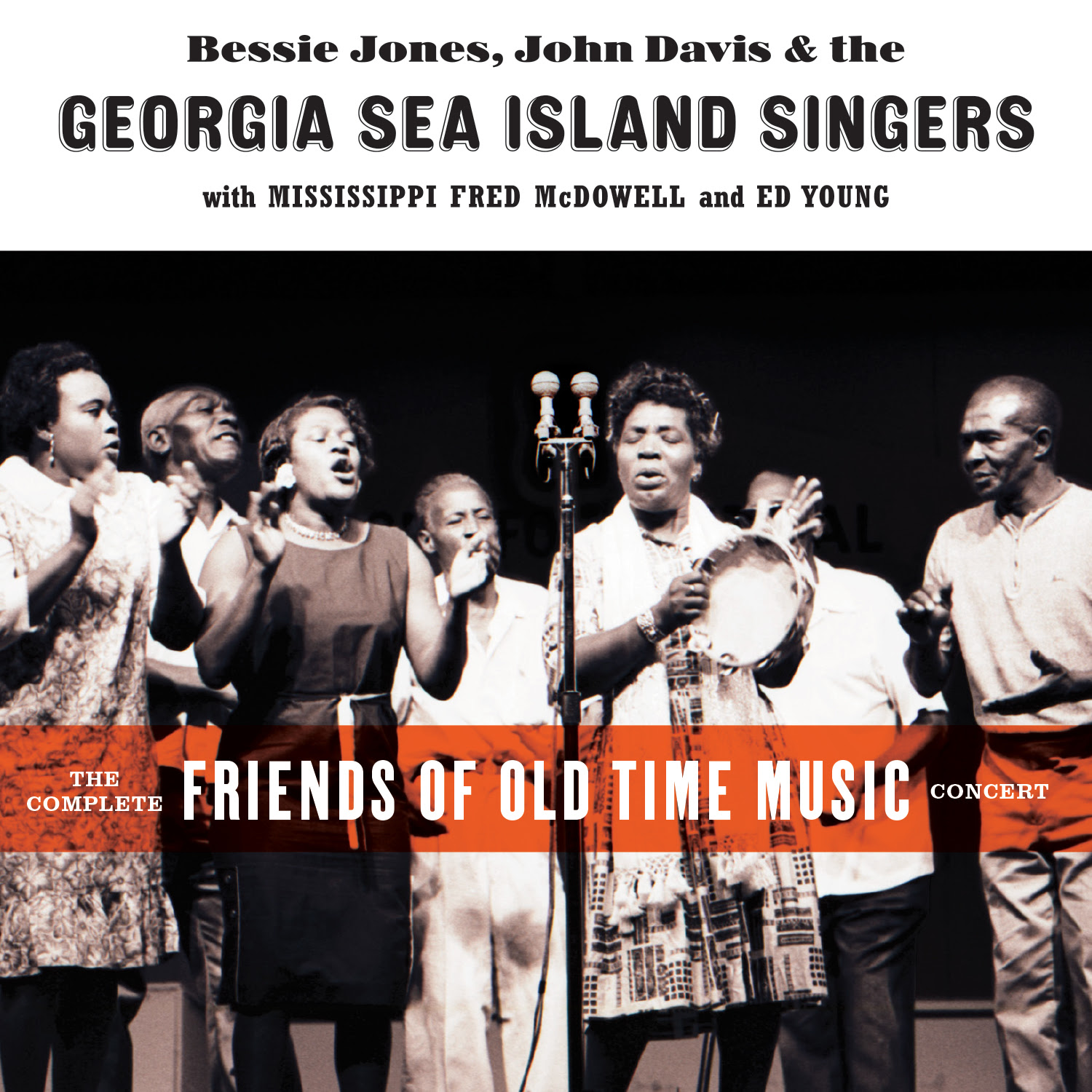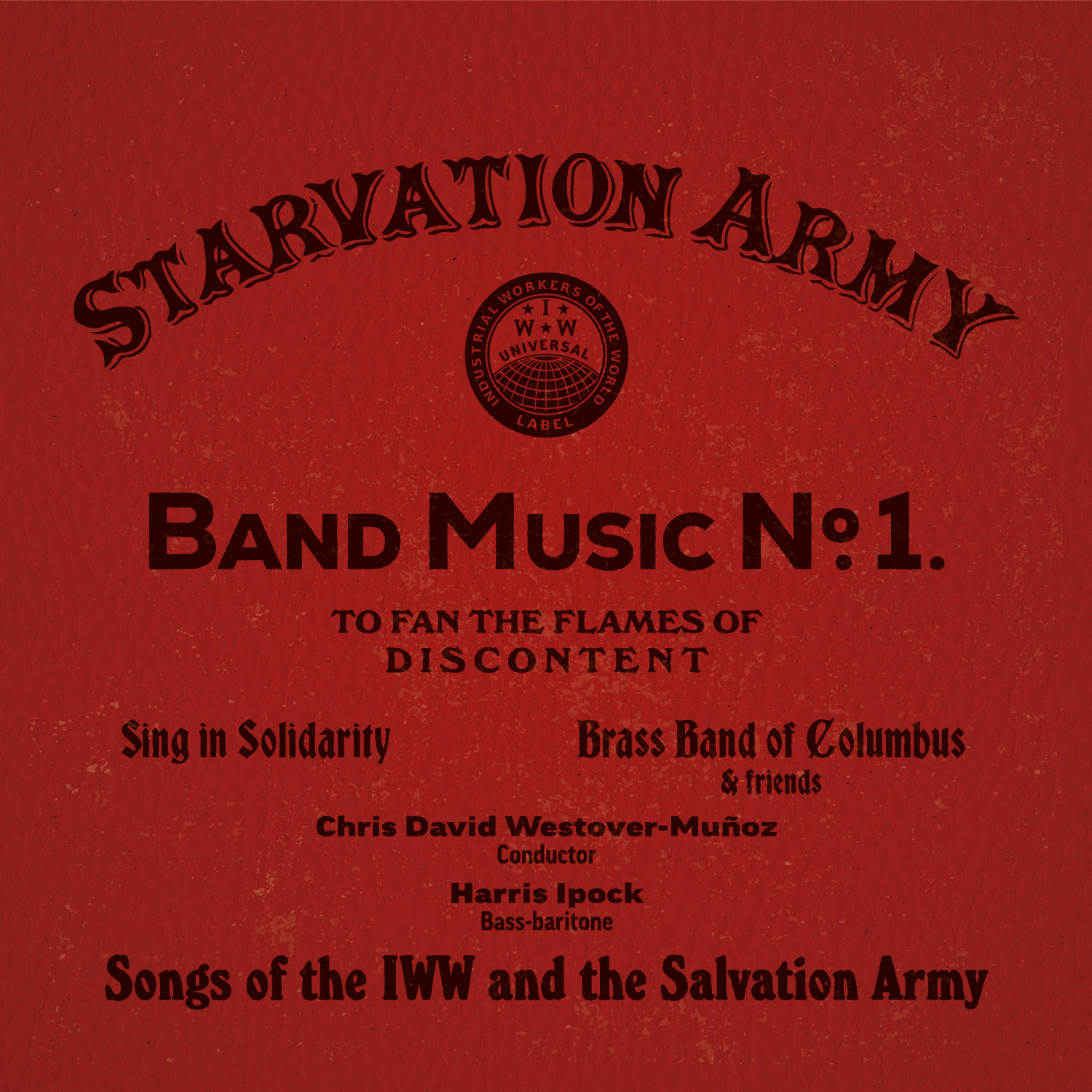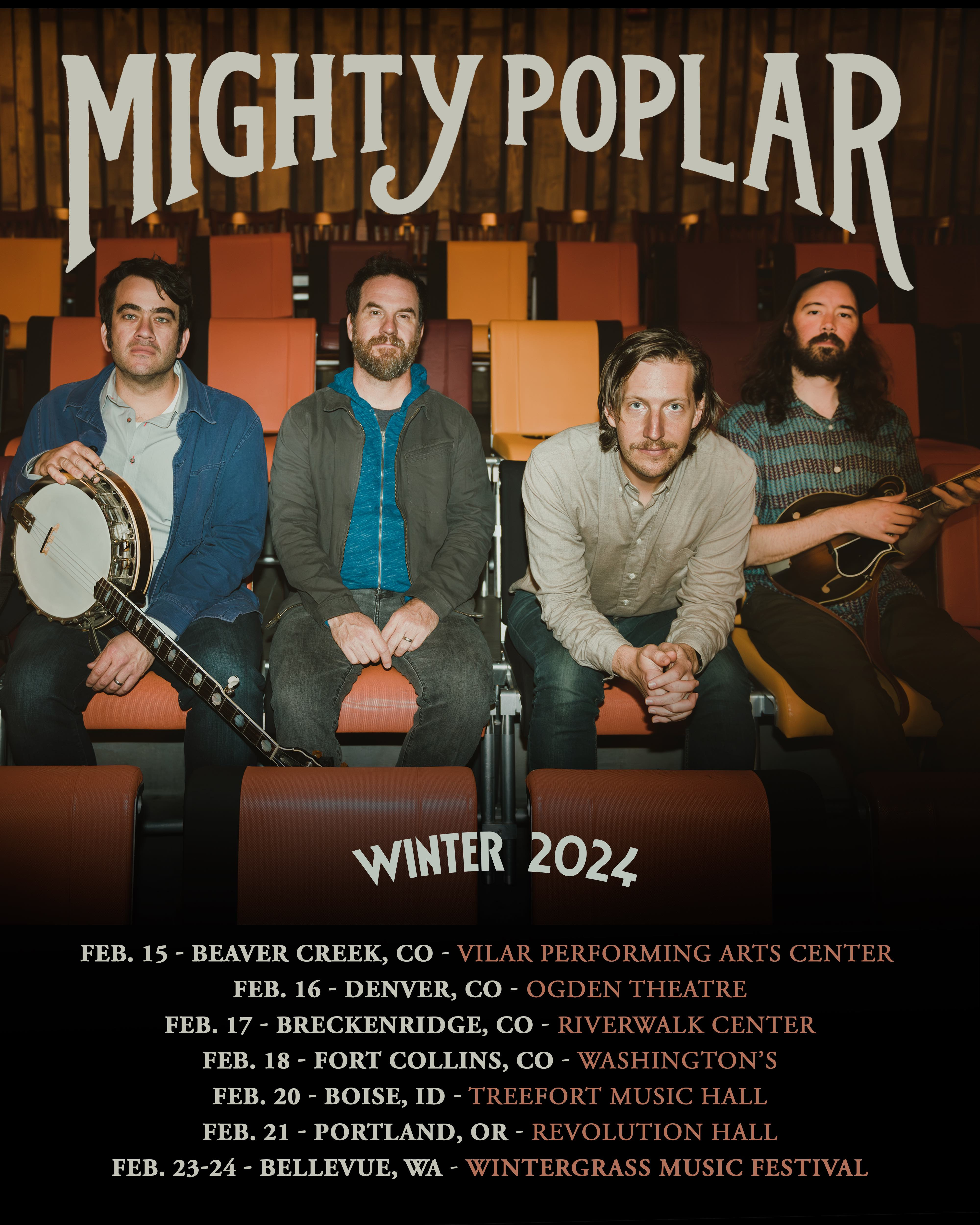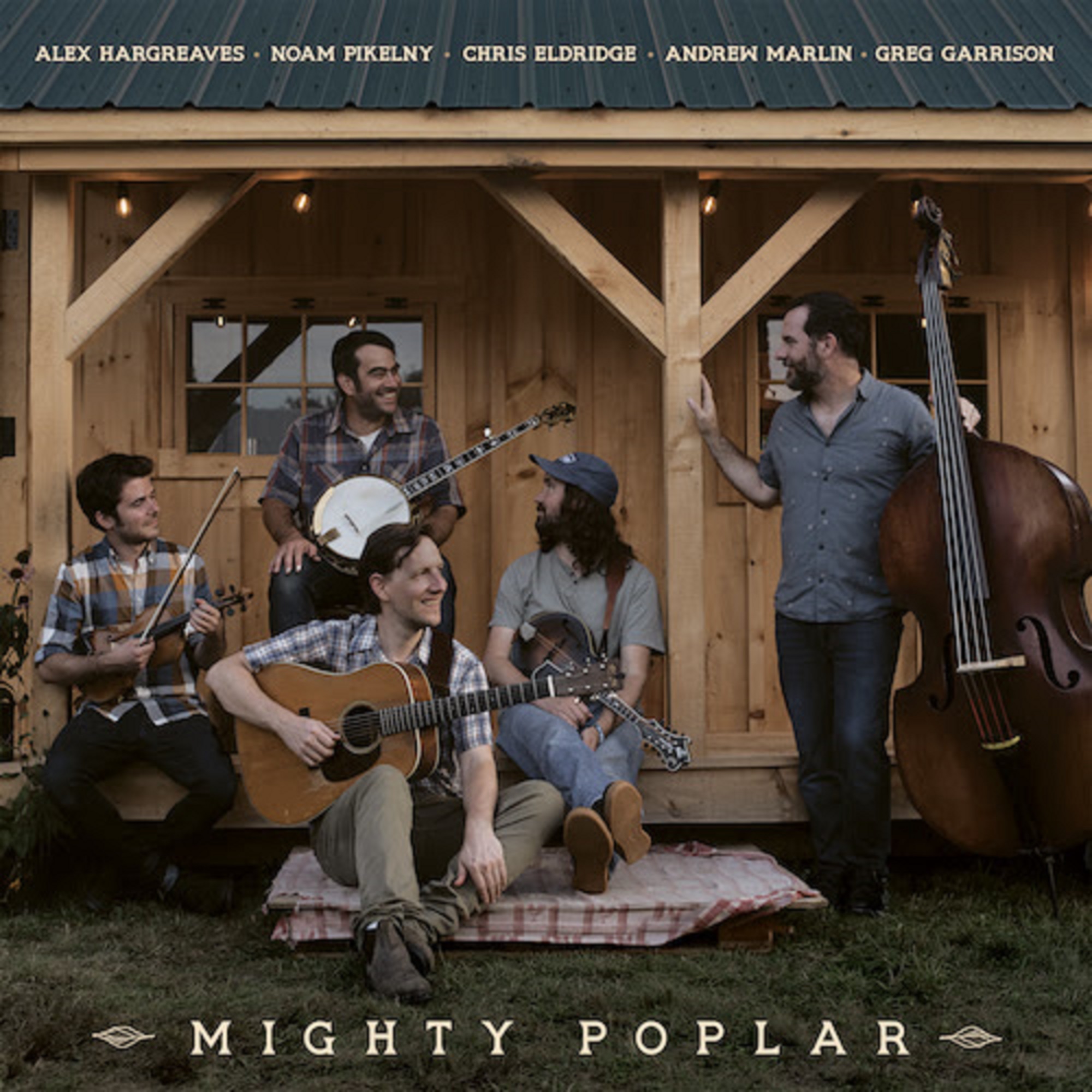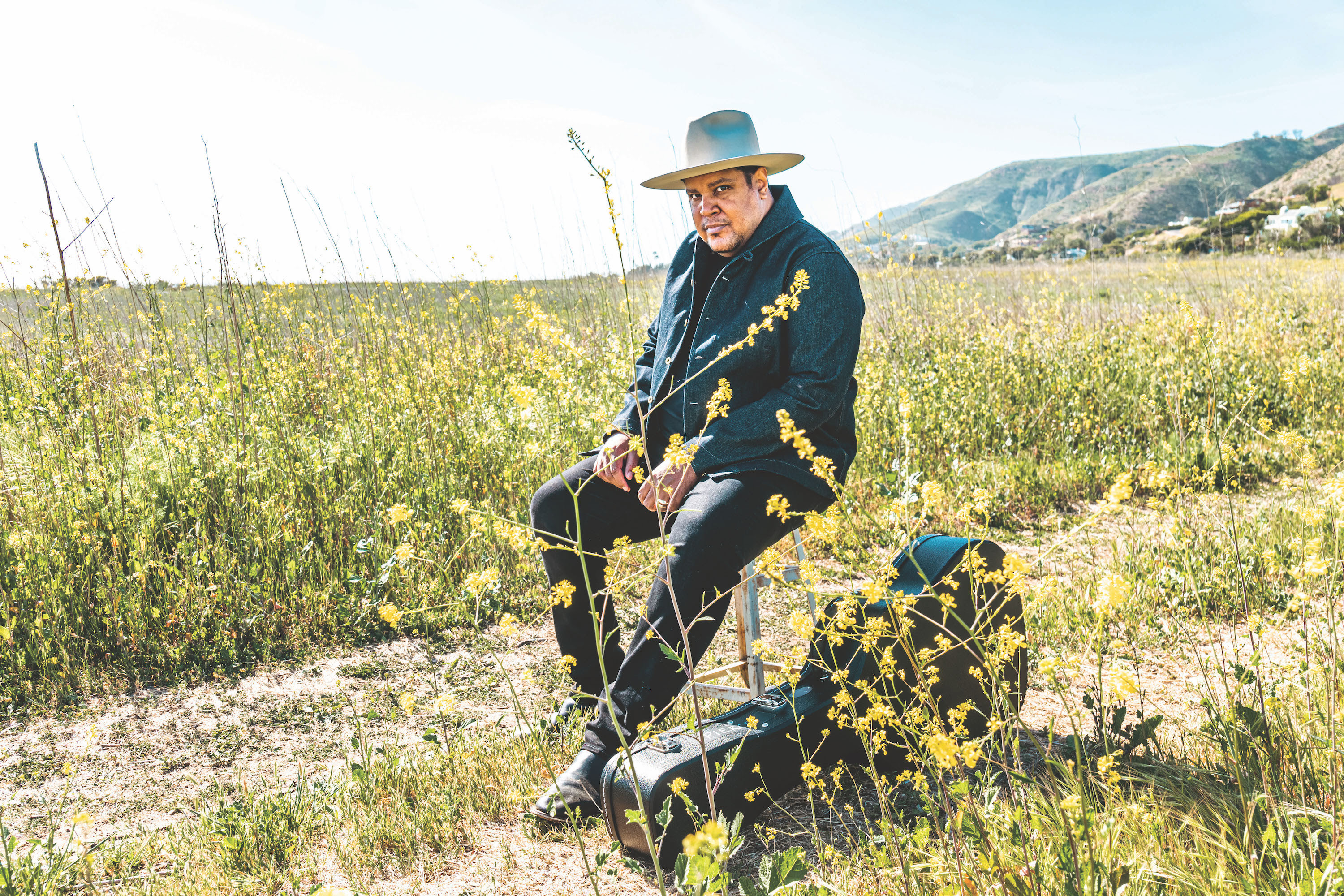Smithsonian Folkways Recordings has just released the groundbreaking new album Ears of the People: Ekonting Songs from Senegal and The Gambia that represents the first full length representation of the West African ekonting. Considered the key ancestor of the American banjo, the ekonting is alive and well in West Africa, telling the stories of the artists who love it today. And yet it still exhibits some of the same or similar playing techniques as the American banjo, separated by centuries and some of the worst history in the world.
The first album of West African ekonting music, Ears of the People: Ekonting Songs from Senegal and Gambia is a testament to the endurance of music and tradition across the gulf of centuries and some of the most brutal history imaginable. It’s also a showcase for living traditions in West Africa, and for the wealth of stories and beauty that a humble, handmade instrument can hold. Though it's generally acknowledged today that the American banjo came originally from Africa and should be considered an African instrument, for many years the question remained as to what African instrument exactly was the source of the banjo? Scholars, including Pete Seeger, pointed to instruments like the Wolof xalam or the Mandinka ngoni as possible antecedents, but it took the work of pioneering Gambian ethnomusicologist Daniel Laemou-Ahuma Jatta (who also wrote the album's foreword) to show the Senegalese and Gambian ekonting (also spelled “akonting”) as a particularly likely source. In the evening, after work, Jatta’s father played this three-stringed, gourd instrument popular among the Jola people.
What’s remarkable about this recording is just how alive and vital the ekonting’s music is today in Senegal and Gambia. The songs on this album, taken from recordings in Senegal made by ethnomusicologist Scott Linford of nine ekonting players, are full of life. Many of the songs are inspired by the rivalries and clashes between West African wrestlers, but other songs speak of life and love, or of the tribulations of violence and conflict. Despite being separated over centuries from its New World progeny, the West African ekonting’s unique strumming position (one finger strikes down on a longer string while the thumb follows after on a shorter string) is still today one of the most popular banjo strumming techniques, known as “clawhammer.” Just as the banjo today tells a uniquely American story in our own voices, the West African ekonting tells the story of the Jola of Senegal and Gambia today, as they live their lives.
Yet with all this history, the Jola of Senegal and Gambia don't think of the ekonting primarily as an ancestor to an American tradition, but instead as a living tradition in its own right. The ekonting is for entertainment, for courtship, for local wrestling matches, and for telling local stories. It’s a folk instrument, after all, made by hand for the people who will enjoy it most. For that reason, it’s been rare to find many recordings of ekonting music. Work in the past decade or so first brought the ekonting to light and connected American musicians to the instrument, including banjo legends Bela Fleck and Rhiannon Giddens, who played with ekonting players in Gambia. Ears of the People: Ekonting Songs from Senegal and Gambia, however, is the first full album of ekonting music for a Western label and it’s an enlightening examination of the instrument’s role in West Africa.






